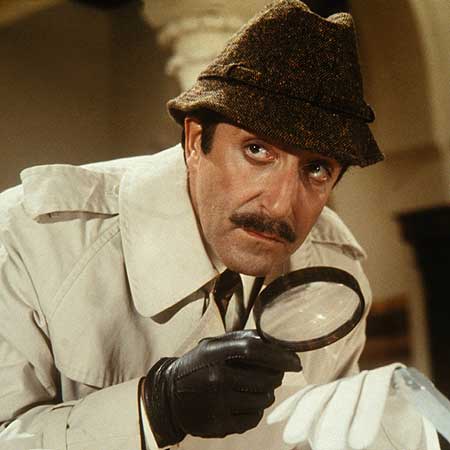French Intelligence Granted More Snooping Powers Than NSA

France complains of NSA surveillance – but has given French intelligence services more powers to monitor calls and emails
Despite condemning US security agencies’ snooping on European citizens, France has passed a law which will grant its intelligence services the power to expand their own surveillance activity – with no judicial oversight.
In 2015, French agencies will gain the power to record telephone conversations, and access emails, location data and other electronic communications, for a wide range of reasons including national security and protecting France’s business interests. Internet companies and human rights groups opposed the new law, which places no legal oversight on the agencies.
 French snoopers’ charter
French snoopers’ charter
“It’s a grim fact that France and other European governments… are determined to push through stronger snooping laws,” commented Index On Censorship, warning that other European countries will follow suit.
The Defence Bill 2014-2019, an otherwise routine military spending bill, was passed in the French parliament last week. It specifies the intelligence services can monitor communications very broadly, for reasons including “national security”, for protecting “the scientific and economic potential of France”, and for preventing terrorism and “organised crime and delinquency”.
The Bill specifically makes permanent some emergency powers which were granted by anti-terrorist laws of 2006, and have been extended since then. It allows for the contents of communications to be monitored alongside connection details, and authorises live capturing of documents. It extends these powers outside of law enforcement and military intelligence to, for instance, the Ministry of Economy and Finance.
Privacy campaigners have criticised these powers as too wide-reaching, with the Association of Internet Community Services (ASIC) calling for a “moratorium on the adoption of new access powers to users who are not subject to any control or authorization of a judge”.
“We are on the verge of a digital dictatorship,” said Gilles Babinet , chair of the French National Digital Council, often described as the “Digital Champion” of France. However, opposition to the law was too little and too late, according to our colleagues from ITespresso France.
The journalists are even more shocked by the government’s defence – that the bill is not adding any new powers. Instead, they say, it merely spells out, and adds some oversight to, what the authorities are already doing, which only started to become public when it was revealed by the media in July this year.
According to pressure group La Quadrature Du Net, the only measure of control will be secret recommendations to the Prime Minister, a process which the site complains “carries no weight whatsoever.”
 French snoopers’ charter
French snoopers’ charter